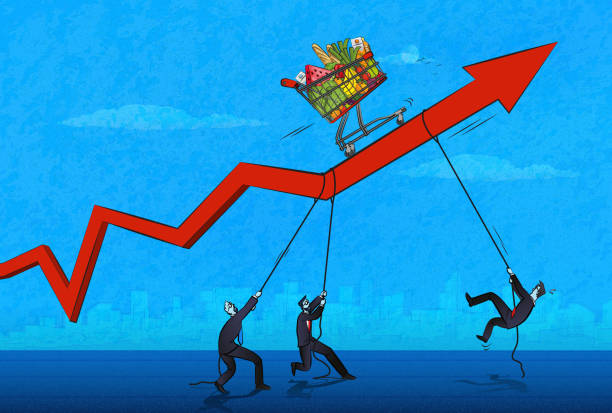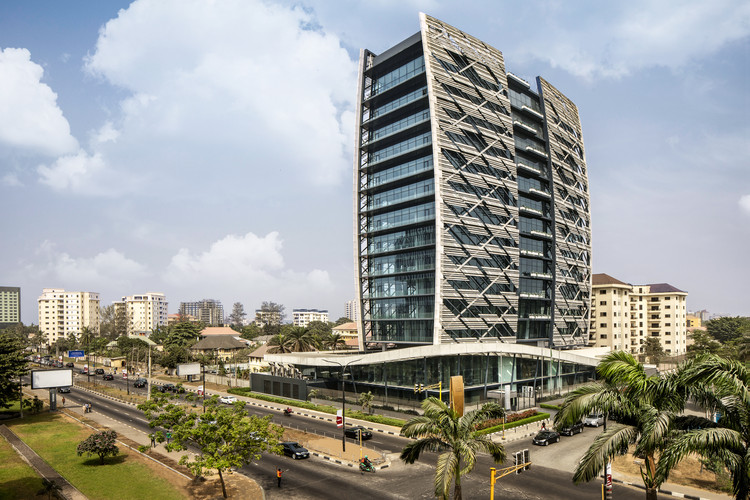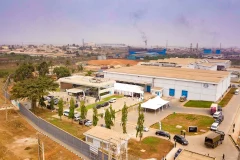Nigeria’s inflation rate has jumped for a record 11th time this month, adding pressure on the central bank to hold a rate hike meeting
In November, Nigerian households felt the pinch even more as consumer prices rose for the eleventh consecutive month this year, making it likely that the country’s Central Bank will raise interest rates. Official data from the National Bureau of Statistics (NBS) showed that headline inflation, which tracks the prices of food, energy and other commodities, rose to 28.20%.
Food prices continue to be a major cost component for many Nigerians. The price of staples like bread and yam rose. Overall, November’s food inflation figure was 32.84%. [ad]
“The inflation rate will continue to rise throughout 2024 because of low economic productivity,” said Mayowa Badejo, a partner at 213 Capital, an investment and risk advisory firm. “The only way to reduce the impact is to boost local production, particularly agriculture and energy sectors which are responsible for over 50% of our inflation rate.”
The Director of the Communications Department of the International Monetary Fund (IMF), Julie Kozack recently called on the leadership of the Central Bank to further hike interest rates at the next rate meeting. However, the continuous silence of the Central Bank Governor on rate hike meetings does not inspire any hope for analysts that inflation would be curbed. Nonetheless, Cardoso, in a recent meeting with the Joint Committee on Banking, Insurance, and Other Financial Institutions assured that inflation would slump in 2024.
“Inflation pressures may persist in the short-term but are expected to decline in 2024,” he said during the presentation yesterday at the nation’s capital.





















